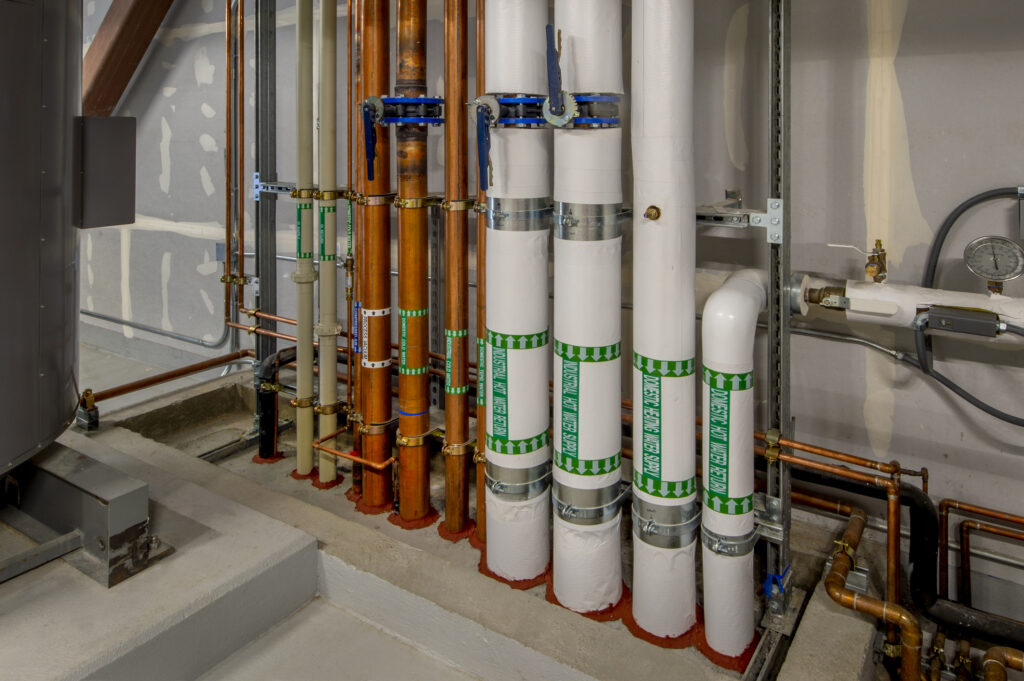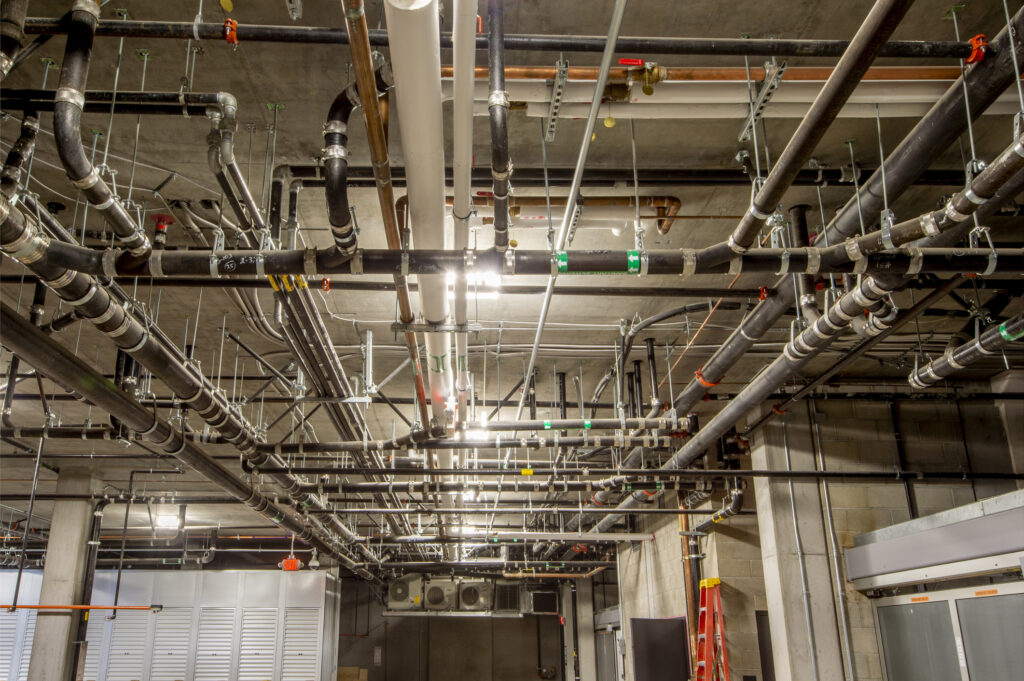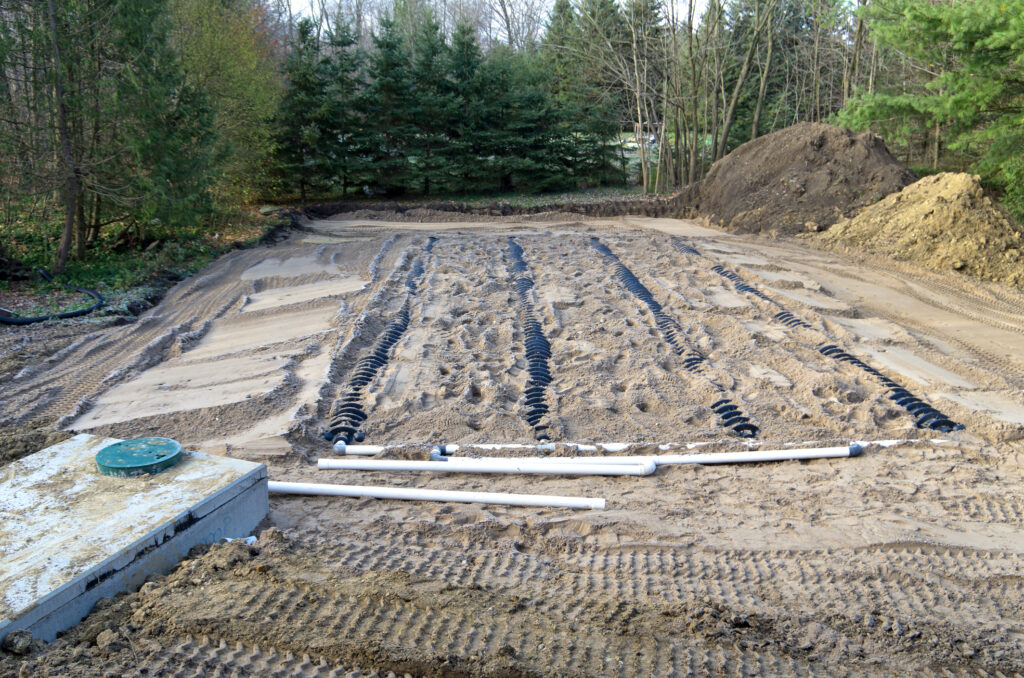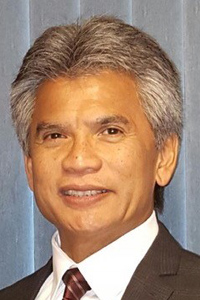
Updates on Code Council’s PMG Standards Activities: ICC 1700, ICC 815 & ICC 825
In this article, the Code Council's Plumbing, Mechanical and Fuel Gas team provides updates on PMG standards activities as of June 2024.
The continued advancement of plumbing codes and standards is vital to ensuring safe and sustainable plumbing systems around the world. In this article, the International Code Council’s Plumbing, Mechanical and Fuel Gas (PMG) team is sharing insights into the development of the ICC/CHS 1700 Professional Qualifications Standards for Hydrogen Systems in the Built Environment, a guide aimed at establishing qualifications for professionals in this emerging field.
Additionally, progress continues on the ICC 815 and ICC 825 standards, with committees diligently drafting guidelines for water distribution and onsite wastewater treatment systems, supported by extensive research and global expertise.
ICC 1700 Professional Qualifications Standards for Hydrogen Systems in the Built Environment (Guide 8)
The Code Council’s PMG team is excited to announce the development of a qualifications guide for professionals working with hydrogen systems in the built environment. Once completed, the guide will be a basis for the new ICC/CHS 1700 Professional Qualifications Standards for Hydrogen Systems in the Built Environment. ICC/CHS 1700 will be developed as an American National Standards Insitute (ANSI) standard using the ANSI consensus procedure.

ICC 815 and ICC 825 Update
It has been a little over a year since the Code Council’s PMG technical committees first began meeting to develop two critically needed standards ICC 815 Standard for Sizing Water Distribution, Sanitary Drainage, and Vent Piping Systems and ICC 825 Onsite Wastewater Treatment Systems.
Both committees, which meet monthly, have drafted the initial outline and created several sub-committees or working groups to begin drafting the language for the initial draft of the standard. The University of Miami, led by Dr. Esber Andiroglu, has been doing research in support of both standards.
ICC 815 Standard for Sizing Water Distribution, Sanitary Drainage, and Vent Piping Systems
ICC 815 Standard for Sizing Water Distribution, Sanitary Drainage, and Vent Piping Systems is chaired by industry veteran and leading expert on hot water systems, Gary Klein.
The committee spent the better part of 2023 listening to various experts from around the globe to learn about their approaches to pipe sizing and system design. Code Council staff also began the effort to engage with global experts by adding Tom Roberts, formerly with the Australian Building Codes Board, to the PMG team and attending the CIB W062 ‘Water Supply and Drainage for Buildings’ Symposium in Belgium last August.
The committee has created and tasked the following working groups with developing the initial verbiage for the standard. The chair of each is in parenthesis.
- Measurement (John Lansing) – This working group is tasked with identifying data to be collected, measuring equipment, developing a test plan and data analysis.
- The working group has completed the identification of the equipment needed for data collection.
- The group is also working on translation of non-U.S. codes for water supply equipment design and construction standards. Drew Rich (lead PhD student working on the research project on behalf of the University of Miami) explained his process of going through different codes to compare relevant sections for supply sizing. The plan is to compare various codes with existing research publications to identify discrepancies or missing information in modern codes.
- Water Service (Tom Wise) This working group is tasked with identifying or developing pipe sizing methodologies for the building water supply system.
- The group’s initial task was to develop criteria by which to develop a pipe sizing methodology that included a correctly sized plumbing distribution system, while maintaining water hygiene and avoiding negative effects including, but not limited to, corrosion, thermal shock, excessive noise and unacceptable pressure fluctuations.
- The group is currently reviewing research reports of peak demand water usage to examine the prediction methodologies used in other countries and have also discussed failure considerations with smaller diameter pipes such as corrosion and water hammer that can happen with higher velocities.
- Other factors under discussion include piping materials, water quality, water hygiene, plumbing fixtures and cultural differences in building water use.

- Drain, Waste and Vent (John Lansing) – This working group is tasked with identifying or developing sizing methodologies for the drain, waste and vent (DWV) system.
- To develop the requirements, the group’s initial plan is to develop criteria for a properly designed and functioning building drainage system, drainage system failure and current design.
- The DWV working group reviewed an extensive list of items related to design requirements based on flow, self-cleansing scouring drain velocity, diameter considerations, gradient or slope of pipes among others. The University of Miami is supporting this effort by researching DWV pipe sizing methods being used in other countries.
- John Lansing plans to submit a paper for design guidance of drainage systems at the CIB W062 Symposium in Northampton, UK later this year that may stand as the basis for the initial draft.

- Rosetta Stone (Lance MacNevin) –This working group is tasked with developing a resource for users of the standard, especially those not based in North America, to better understand the terminology and acronyms that may be used in the standard.
- The working group is focused on establishing a searchable database to house the terminology. Presentations given by the Plastic Pipe Institute (Lance MacNevin), Copper Development Association (Marcus Elmer) and Cast-Iron Soil and Pipe Institute (Dave Parney) formed the initial data set for the database. Terminology associated with piping and tubing used in North America for hot and cold-water plumbing will also be part of the database, including product standards.
- The group plans to contact representatives from other parts of the world including South America, Asia, Middle East, Africa and Europe to provide information from their respective regions. The group has also developed the initial draft of commonly used acronyms in the plumbing industry starting with those from the U.S.
ICC 825 Onsite Wastewater Treatment Systems Standard
ICC 825 Onsite Wastewater Treatment Systems (OWTS) Standard is chaired by Shaun May, Clinical and Community Health Division Director for Weld County in Colorado. The committee has been working on the initial draft of the standard using the Code Council’s International Private Sewage Disposal Code® as the basis.

The Code Council is teaming up with the University of Miami to conduct research supporting the standard’s development. Phase I of the research, literature review, has already been completed and phase II is currently underway. In Phase II, the university will provide an analysis of existing OWTS and their geographical distribution and assess how climate change may impact specific locations and its potential repercussions on the effectiveness of these systems in handling wastewater. By identifying vulnerabilities and gaps in their functionality, along with potential solutions that have proven effective in similar conditions, the goal is to gain insights into enhancing system resilience.
The committee has developed the initial outline and formed the working groups below to begin developing the initial verbiage for the standard. The chair of each working group is in parenthesis.
- Septic and Holding Tanks (Ray Kennedy)
- Pit Latrines (Derek DeLand)
- Conventional Soil Absorption System (Charlotte Peele)
- Pressure Distribution System (Ray Kennedy)
- Mound Systems (Shaun May)
- Other OWTS (Bronwyn Humphries)
If you have any questions or are interested in participating or attending meetings for any of the PMG standards or guide under development, please contact PMG Standards Manager, Ramiro Mata, rmata@iccsafe.org.
To stay up to date on current PMG news and research, subscribe to the Code Council’s PMG newsletter here.








